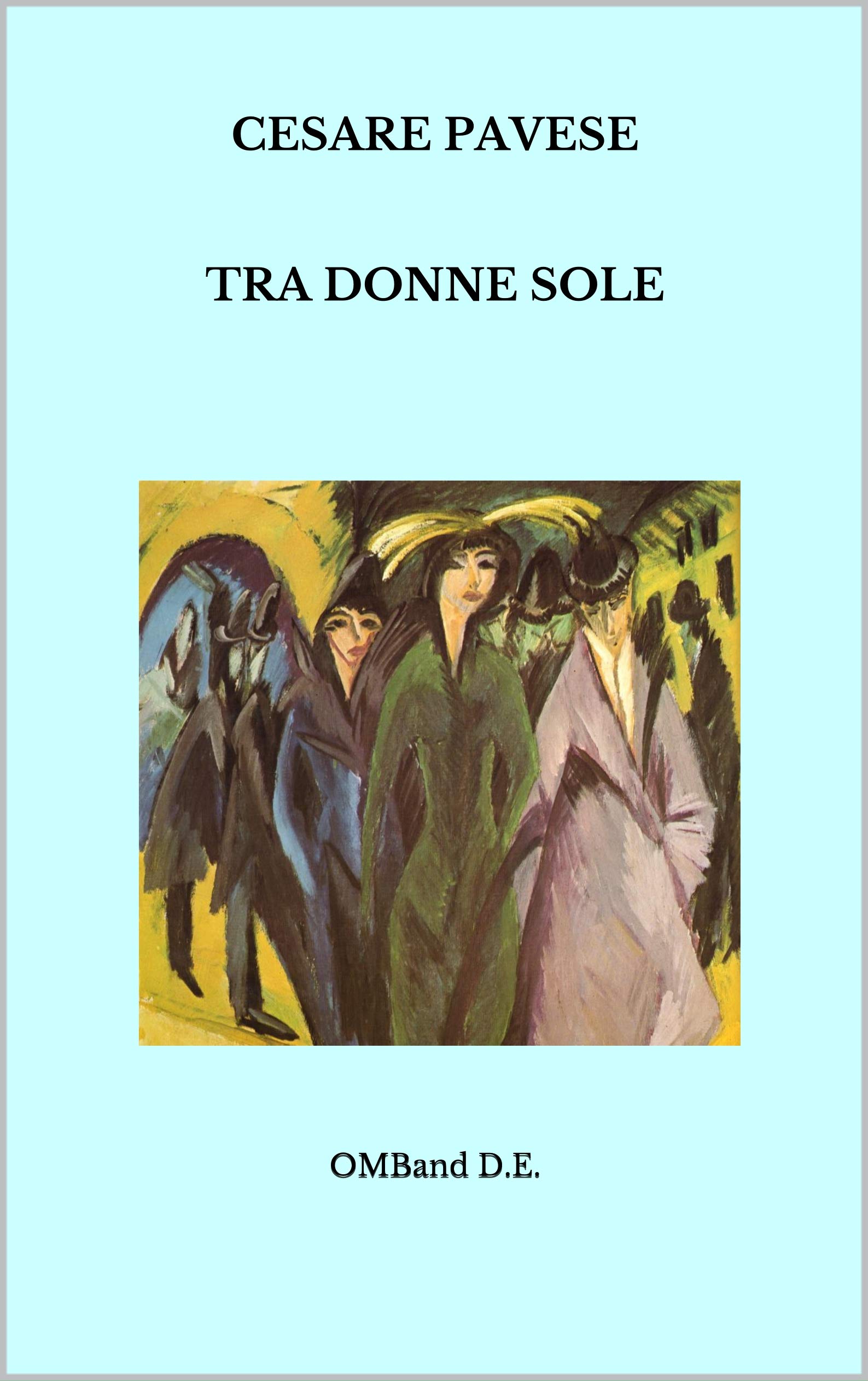What do you think?
Rate this book


130 pages, Kindle Edition
First published January 1, 1949


Pavese'nin ağzından bir Becuccio öyküsü okumak ne güzel olurdu!
xoxo
iko
Rosetta, surprised, said that she had no idea herself why she went to the hotel that night. In fact she had gone in happy. She was feeling relieved after the dance. For a long time, nights had made her shudder, the idea of having got through another day, of being alone with her disgusts, of waiting for morning, stretched out in bed—all became unbearable. That night, anyhow, was nearly over. But then, precisely because she hadn't slept but paced around the room thinking of night, of all the stupid things that had happened at night, and now she was alone again and couldn't do anything, little by little she became desperate, and finding the Veronal in her bag...The thing is she’s not alone with thoughts like this. Momina, an older woman with whom Rosetta had had some kind of sexual dalliance, feels much the same. Clelia reports:
Momina was telling me how strongly she was overcome at times by disgust—not just a nausea from this or that person, from an evening or a season, but a disgust with living, with everything and everyone, with time itself that goes so fast and yet never seems to go.Still an outsider Clelia struggles to understand these women:
Having money means you can isolate yourself. But then why do leisured people with money always look for company and noise? […] At bottom it was true she had no motive for wanting to kill herself, certainly not because of that stupid story of her first love for Momina, or some other mess. She wanted to be alone, to isolate herself from the uproar; and in her world you can't be alone or do anything alone unless you take yourself out of it completely.So this is a study not so much of women but of a lifestyle. We’ve all read in the papers what the rich and famous get up to when they’re bored and that’s what we have here, a bunch of people—granted, mainly women—with too much time on their hands and nothing to fill it with. Clelia has worked her way up. She comes from a poor neighbourhood and now she can afford furs; work has done this for her and yet she sees in these women what life might be like if she could ever afford not to work.